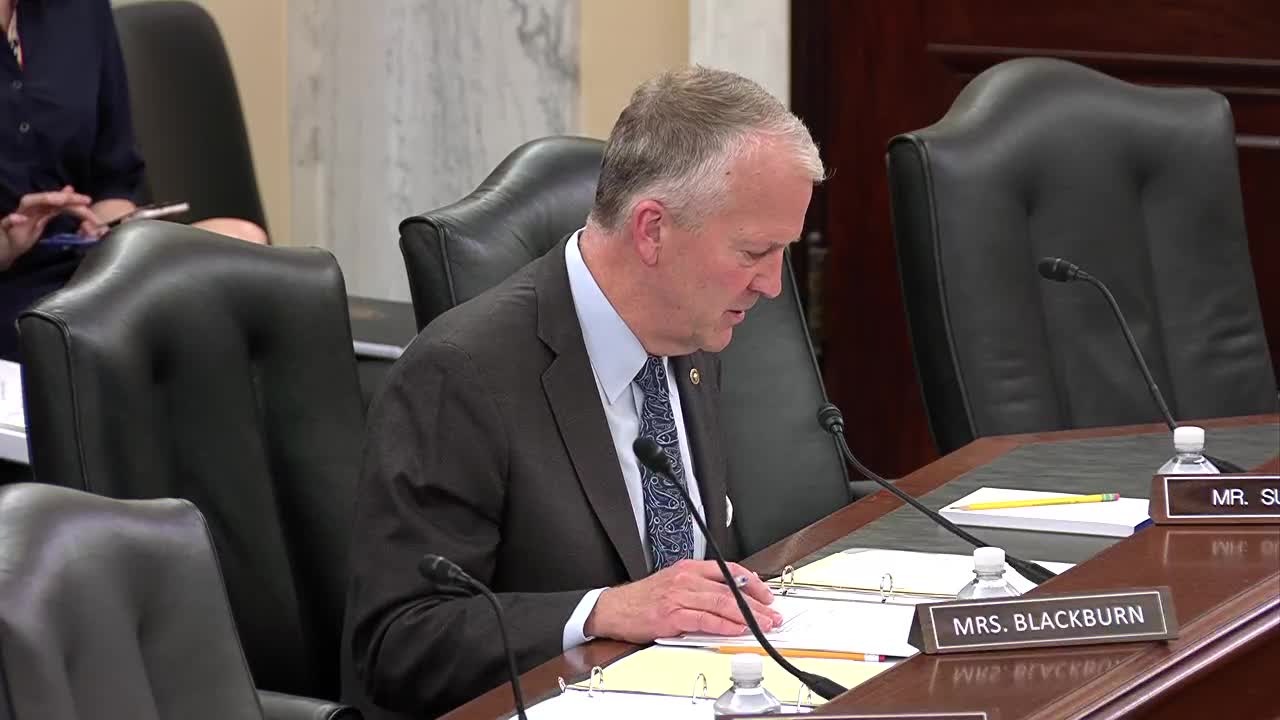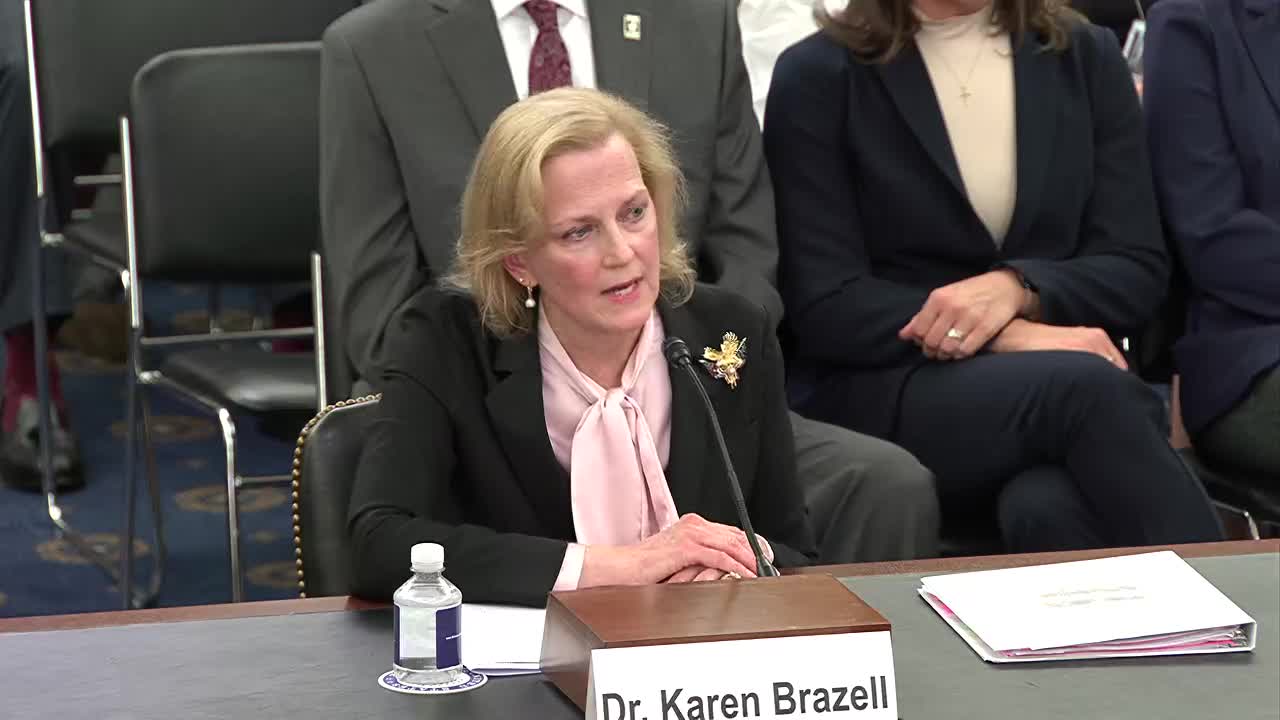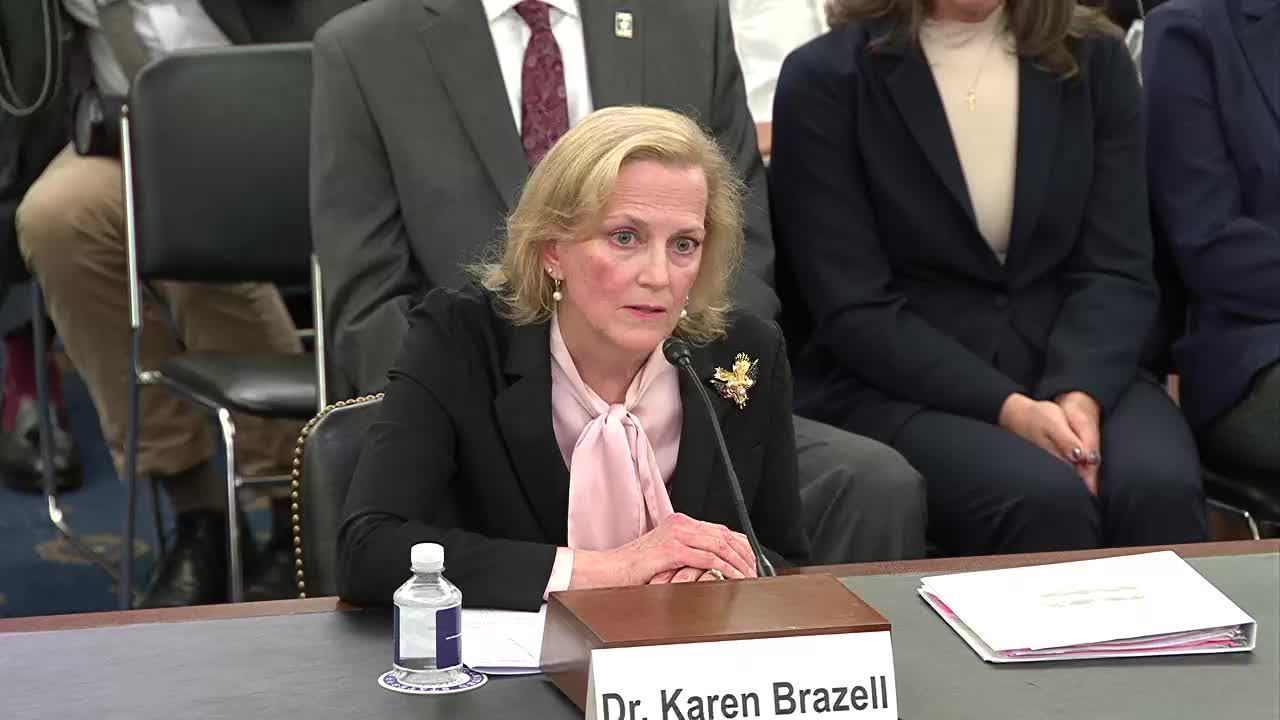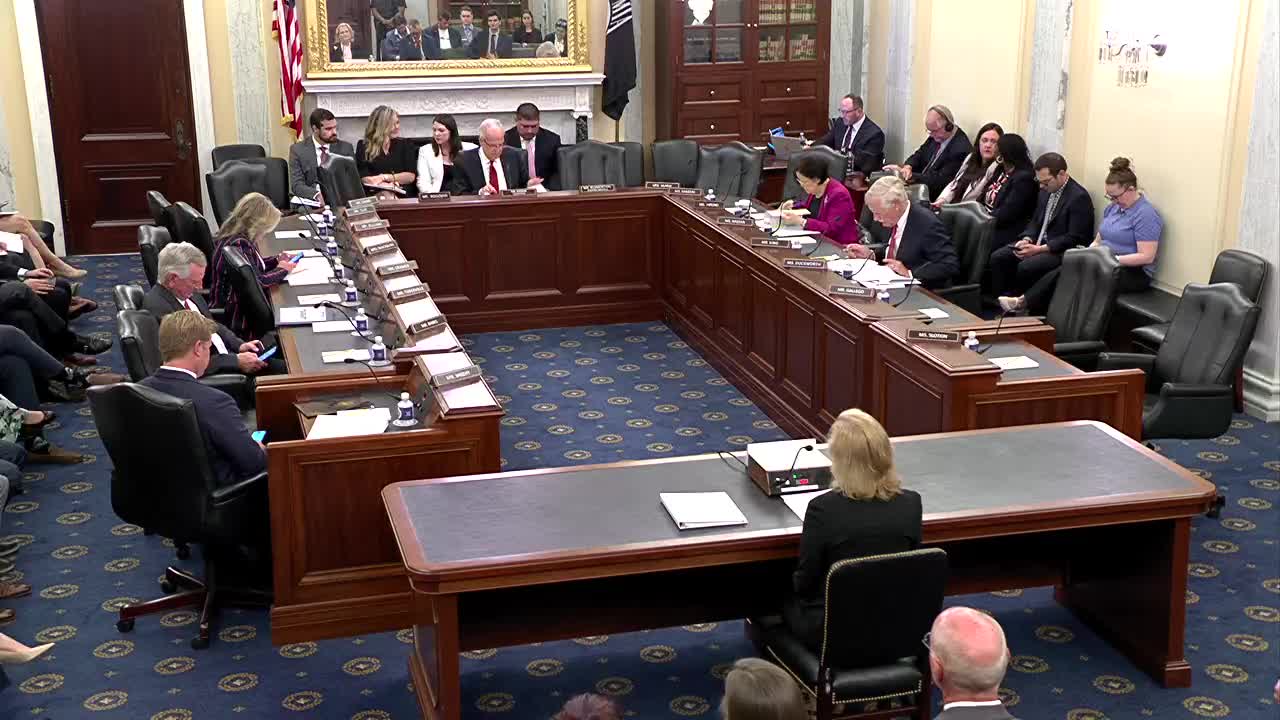Article not found
This article is no longer available. But don't worry—we've gathered other articles that discuss the same topic.

Senators secure nominee's pledge to address Camp Lejeune attorney fees, fiduciary fraud and survivor overpayments

Senators fault VA nominee over workforce losses, collective bargaining and claims quality

Senators press VA nominee on contract cancellations, review process and ties to former employer

